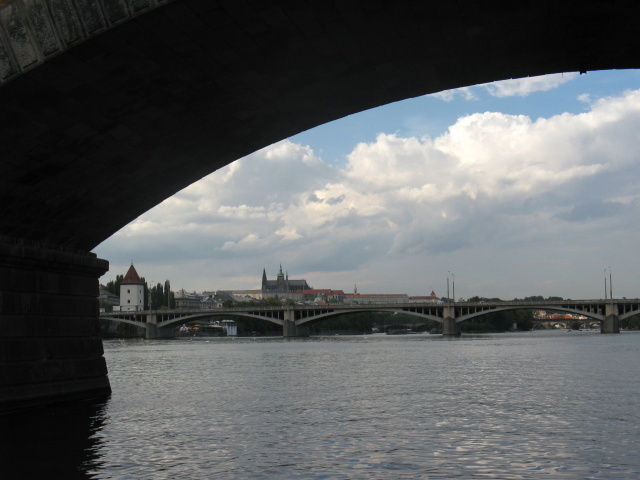Prague/Frankfurt – The Czech National Bank (CNB) will prepare an analysis of potential investments in additional asset classes. The bank board decided on this at today’s meeting. CNB Governor Aleš Michl spoke this week about the possibility of including bitcoin in the central bank’s foreign exchange reserves. In today’s press release, the central bank stressed that it would not change the setting of foreign exchange reserves until the conclusions of the analysis are evaluated. However, President of the European Central Bank (ECB) Christine Lagarde expressed her conviction at a press conference on Thursday that no EU member state would include bitcoin in its reserves.
“As part of its foreign exchange reserves management strategy, the central bank has strengthened the diversification of its investments over the past two years. On the proposal of Governor Aleš Michl, the CNB will assess whether it would be appropriate from the point of view of diversification and yield to expand foreign exchange reserves to include investments in additional asset classes,” the central bank said. The CNB did not disclose the deadline for completing the analysis. Michl stated in a Wednesday interview with Financial Times that he would present the investment plan in bitcoin to the bank board. If approved, bitcoins could ultimately account for up to five percent of the bank’s total reserves, which currently amount to 140 billion euros (3.5 trillion CZK).
Lagarde stated to journalists that reserves must be liquid and safe and should not be burdened with suspicions of money laundering or other criminal activities. She said she already discussed this with Michl. “I have spoken with my colleague from the Czech Republic and leave it to him to make statements as he wishes,” the head of the European Central Bank stated. “However, I am sure that he, like all of us, is convinced of the need to have liquid and safe reserves,” she added. CNB’s Director of Communications Jakub Holas subsequently told ČTK that the bank would not comment on Lagarde’s statements.
Analysts also pointed out, in response to the CNB governor’s proposal, that bitcoin is a significantly risky asset, which could be problematic if included in reserves. At the same time, they said that the CNB could potentially come into conflict with the European Central Bank, which sees bitcoin’s intrinsic value as zero. However, the CNB’s move could push bitcoin further into mainstream investment assets. Finance Minister Zbyněk Stanjura (ODS) is also cautious about the possible inclusion of bitcoin in foreign exchange reserves. He told reporters today that the central bank should be a symbol of stability and bitcoin is not a stable asset. However, he stressed that the decision on this move would lie with the CNB bank board. (January 30th)
 go to the original language article
go to the original language article
